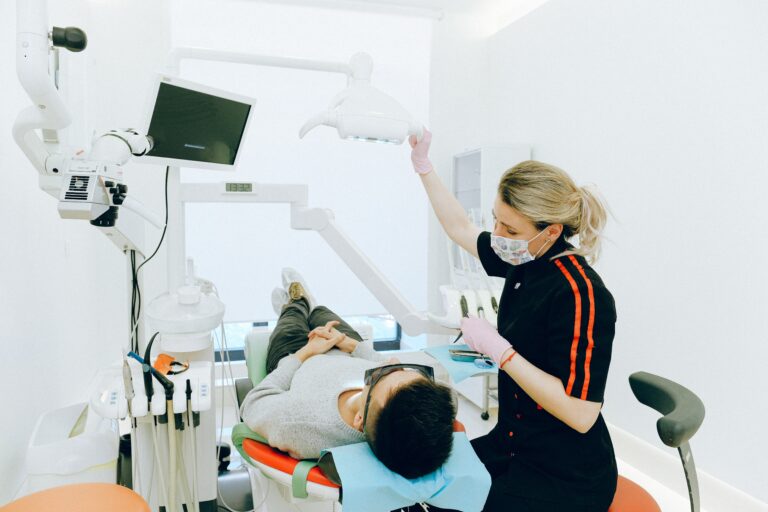Is It Illegal to Have Two Dental Insurance?
Dental care is essential, but it can be expensive. For many, insurance plays a pivotal role in mitigating these costs. But what if you have the opportunity to have two dental insurance plans? Is it even legal? Let’s delve into the topic.
Is It Illegal to Have Two Dental Insurance?
No, it is not illegal to have two dental insurance policies.
Having two or more dental insurance policies is entirely legal. Some individuals might find themselves in a situation where they have dual coverage. This can be a result of having two jobs that both offer dental benefits or being covered by their own plan and their spouse’s plan. This dual coverage can help reduce out-of-pocket costs and ensure continued coverage, especially in emergencies. However, having dual insurance does not necessarily double the benefits.
Understanding Secondary Dental Insurance
Secondary dental insurance acts as an addition to your primary dental insurance. The primary dental plan is the one that covers you as the main policyholder. In contrast, the secondary plan covers you as a dependent or secondary holder. It’s vital to note that secondary insurance will often not kick in until the primary insurance has addressed the claims.
What Is Dual Dental Coverage?
If you are covered under two separate dental insurance policies, you possess dual dental coverage. Dual coverage doesn’t mean you’ll get twice the benefits. However, you might end up paying less for certain dental procedures. This is due to the coordination of benefits (COB) between the two insurance plans.
The COB process and provisions can vary based on state laws and regulations. It’s crucial to consult with both insurance providers to understand how this works in your specific case.
How Dual Coverage and COB Operate
The primary dental plan will be the first to address a claim. Once settled, the secondary insurance might require an explanation of benefits (EOB) from the primary insurer before handling their part. The combination of both insurance payments ensures that the total payout does not exceed the dentist’s charges, ensuring no duplication of benefits.
Advantages of Dual Coverage Dental Insurance
The primary advantage of dual dental coverage is the potential financial savings. For example, if the primary plan partially covers a treatment, the secondary plan might cover some or all of the remaining balance. This does not mean doubling up on benefits but rather an efficient allocation of costs between two plans.
Disadvantages of Dual Coverage Dental Insurance
However, there are downsides to consider:
- Paying for redundant coverage through multiple plans can be financially impractical.
- Complexities in managing two plans and coordinating their benefits can be challenging.
- If not managed correctly, claims processing can be delayed, leading to potential out-of-pocket expenses.
Primary Carrier Determination
Your primary carrier is the policy where you are the primary holder, typically through your employer. If you have two jobs, the primary is usually the plan that has been active the longest. The secondary policy comes into play once the primary has made its payment.
Final Thoughts
Having dual dental insurance can be advantageous, depending on your circumstances, the specifics of both plans, and state laws. However, it’s essential to ensure you understand the coordination of benefits and any limitations. Always consult both insurance carriers and, if necessary, your company’s HR department before making major dental decisions.
FAQs
1. How does dual coverage benefit me?
While dual coverage doesn’t double your benefits, it might reduce out-of-pocket expenses for certain procedures, depending on how the COB works between the two insurers.
2. Can I use both insurances for any dental procedure?
Not necessarily. The exact usage will depend on the terms of both insurance policies and state laws. Always consult with both insurance providers to determine the specifics.
3. How do I know if my state allows dual coverage?
Most states permit dual coverage, but the specifics of COB might vary. It’s essential to consult with your insurance providers or check with your state’s insurance regulatory agency.
4. Is it worth having two dental insurance policies?
It depends on your individual needs and the benefits offered by each plan. If the combined benefits lead to significant savings on dental procedures, it might be worthwhile. However, always ensure you understand the limitations and coordination processes involved.






